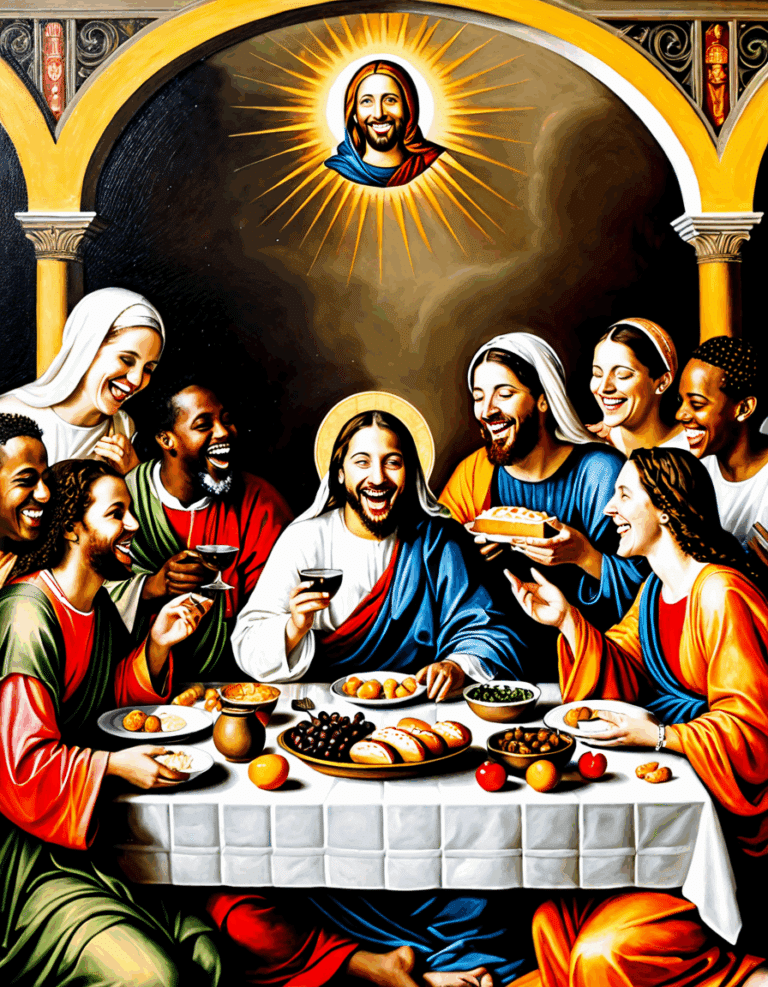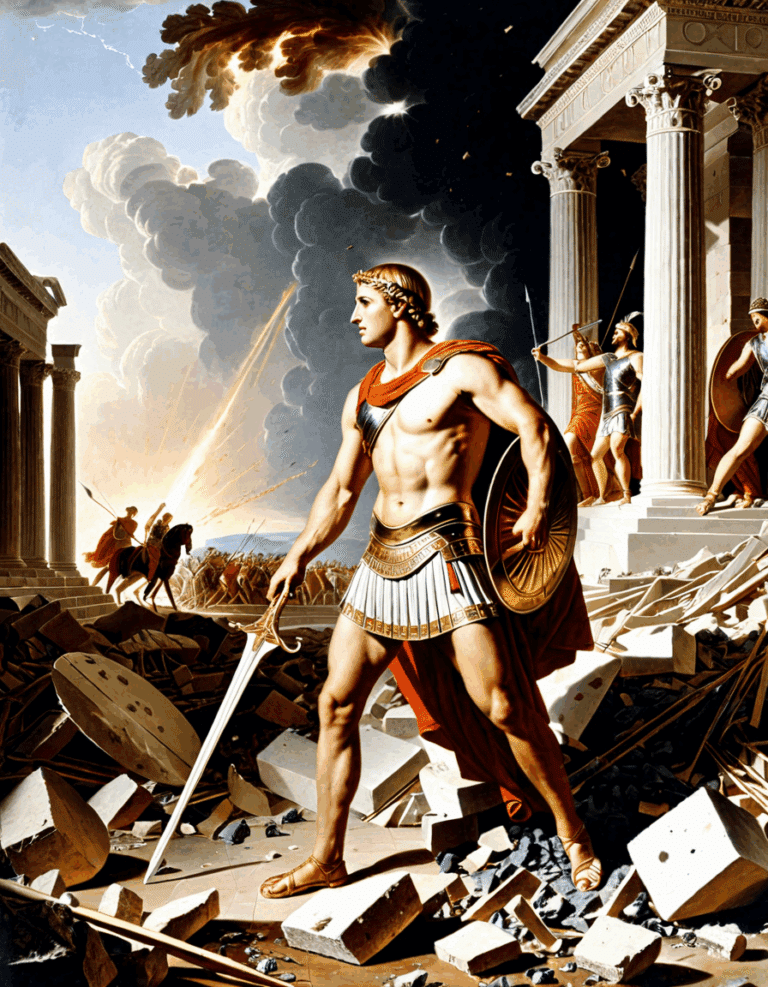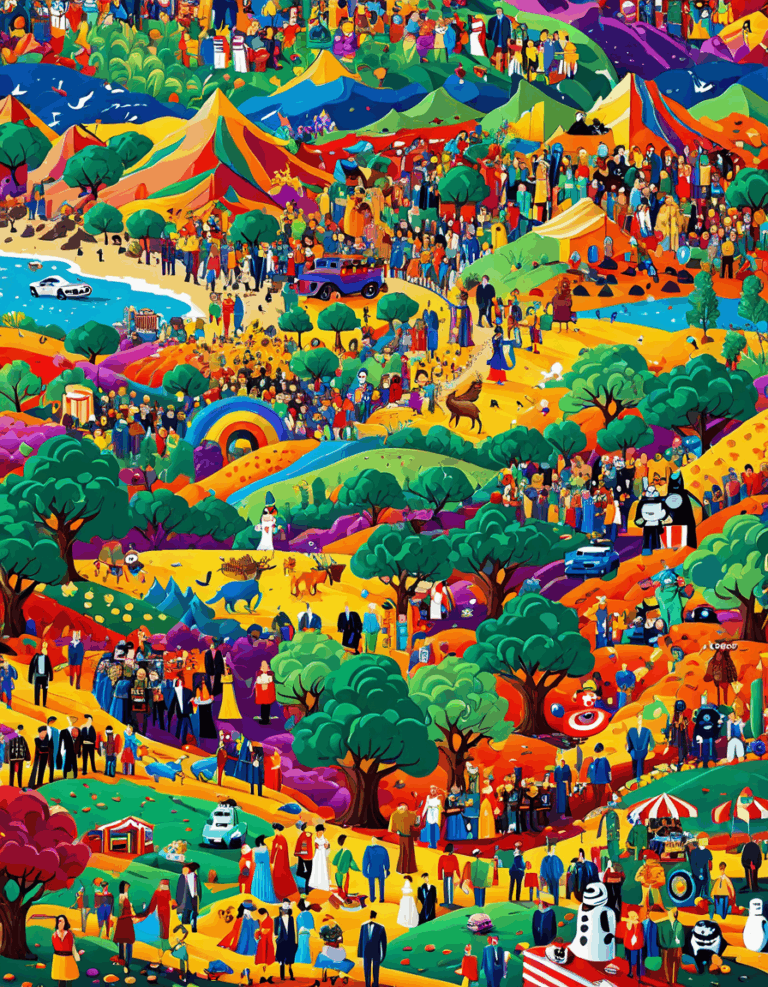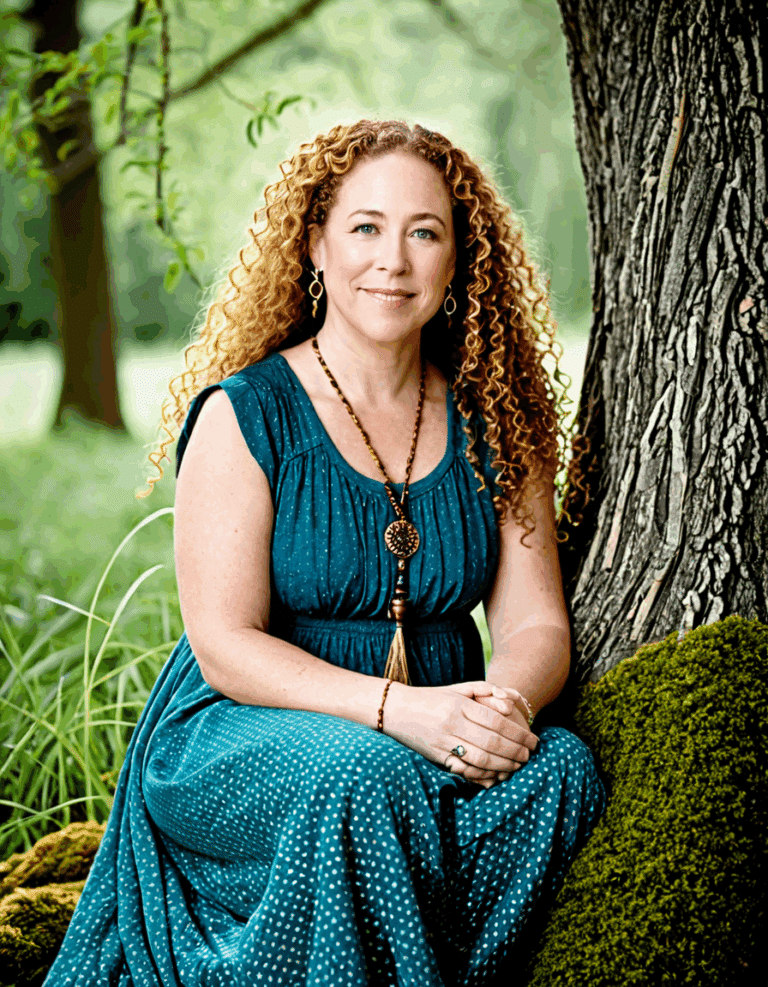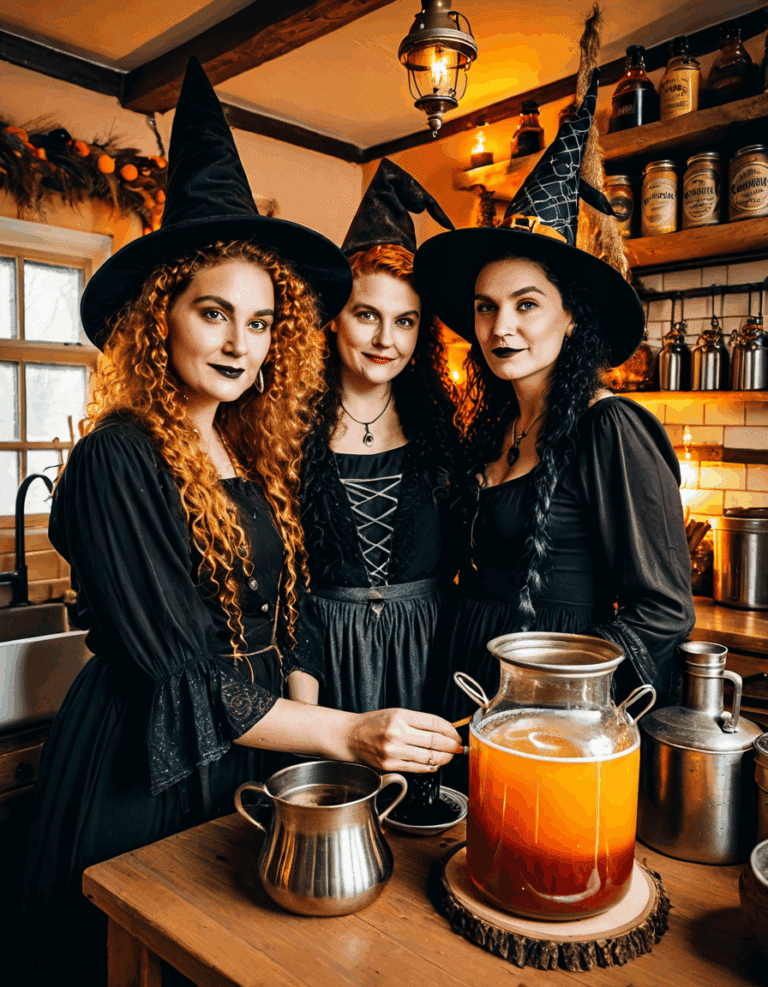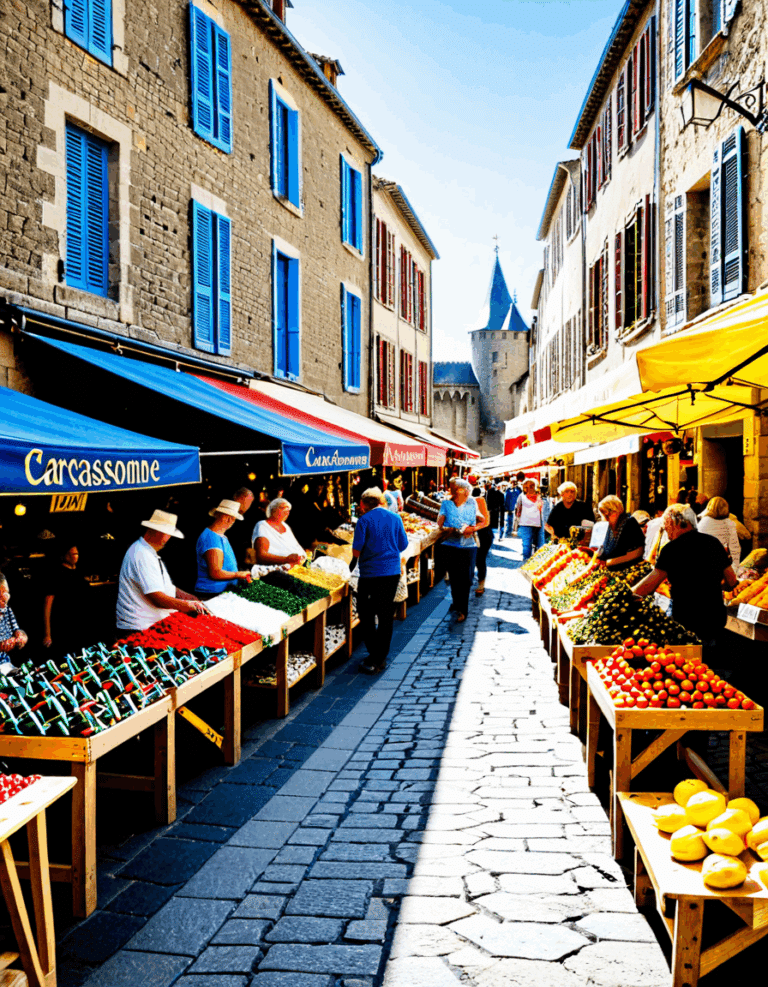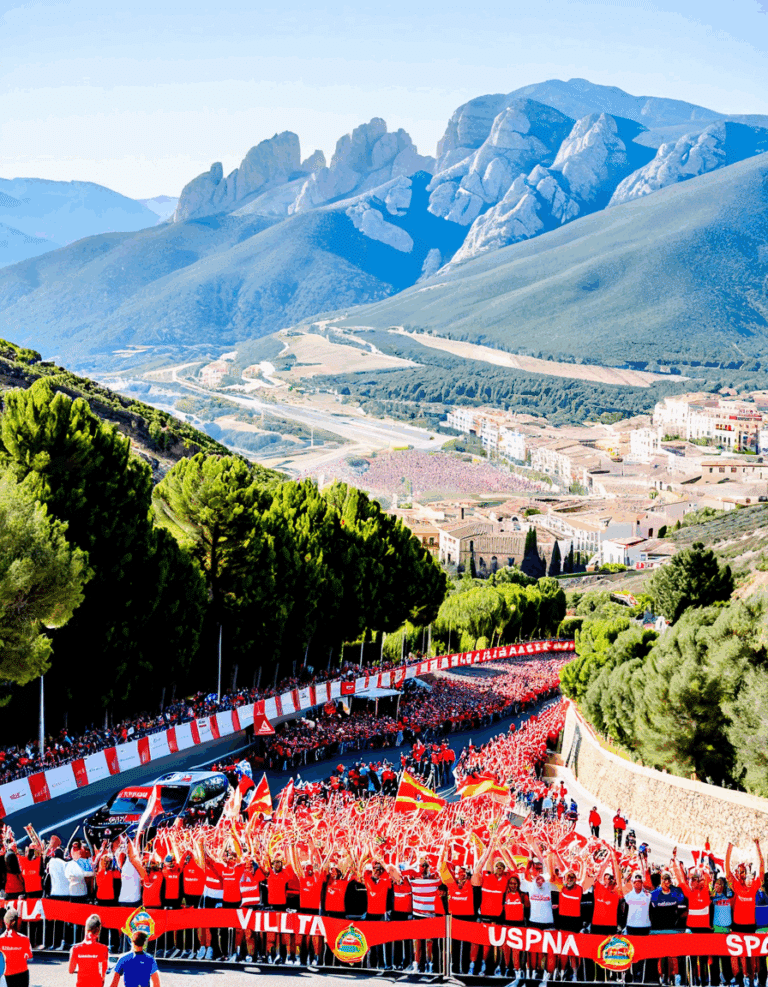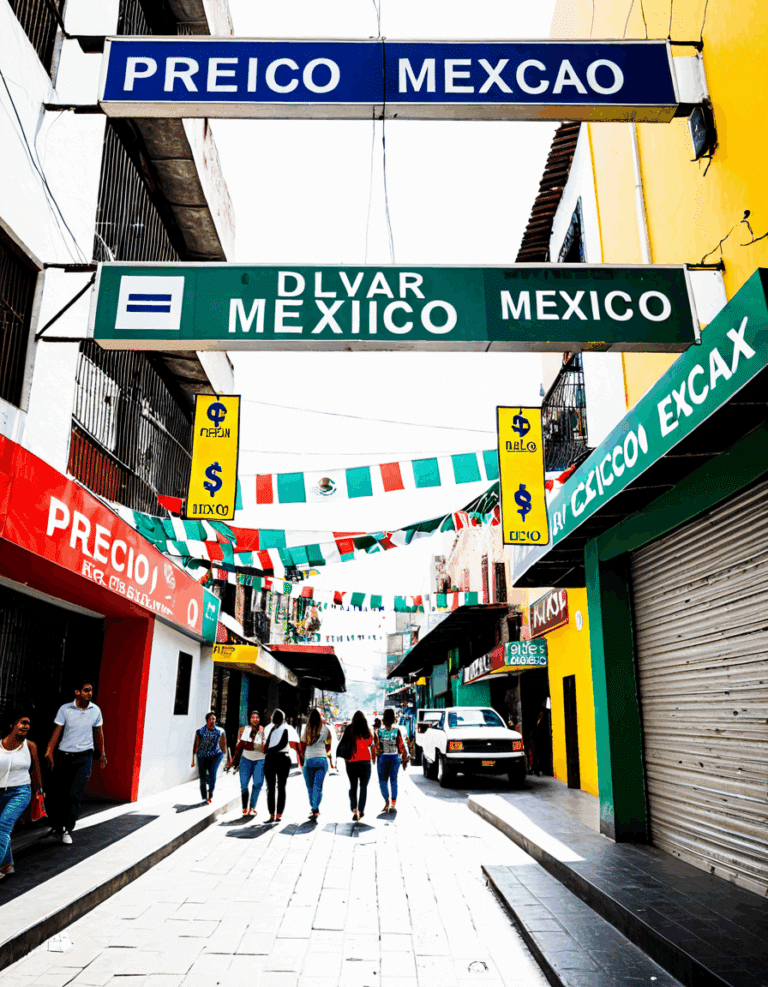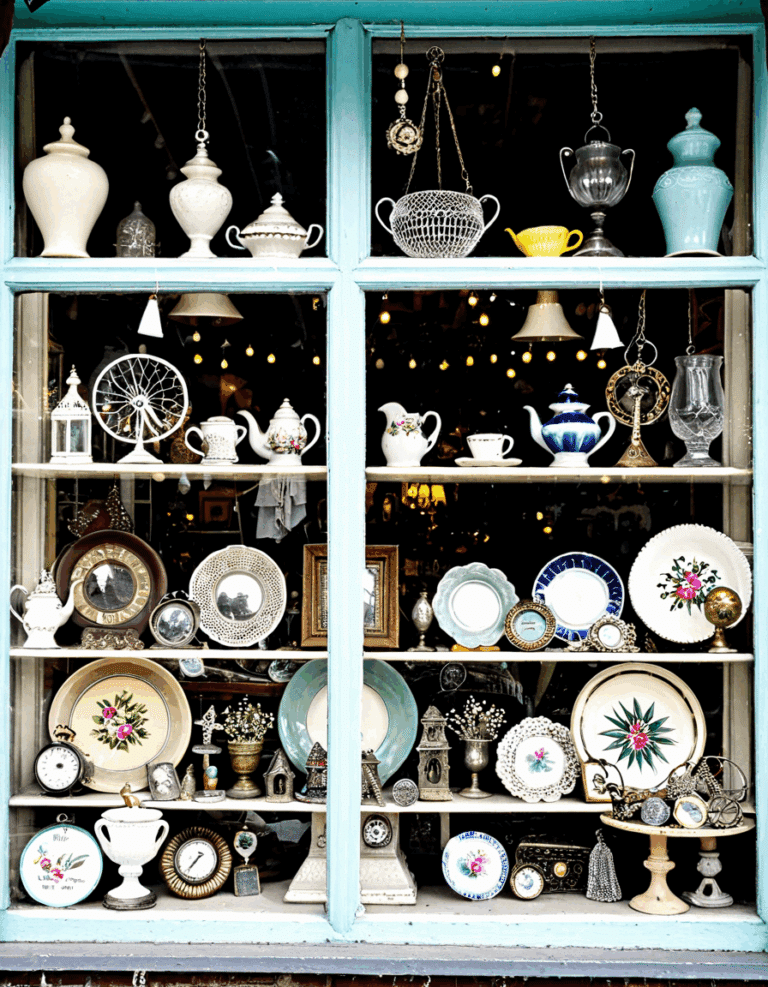The Last Supper painting, meticulously crafted by Leonardo da Vinci in the late 15th century, stands as one of the most eminent pieces of art in history. This cherished mural has profoundly influenced our comprehension of deep emotional exchanges, touching on themes that resonate throughout various cultural landscapes. Within its intricate composition, the Last Supper unveils the poignant moment of betrayal that dramatically alters the relationships among Jesus and his disciples—an exploration so rich it continues to inspire diverse interpretations.
As we dive into the depths of this remarkable painting, we uncover seven emotionally charged moments that make the Last Supper a powerful reflection of human connections.
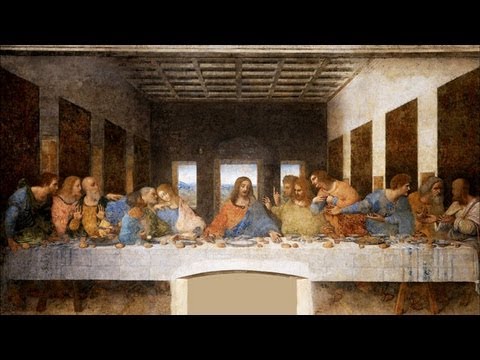
7 Emotionally Charged Moments Captured in the Last Supper Painting
At the center of the Last Supper, Judas Iscariot’s betrayal steals the spotlight. Da Vinci chillingly captures the shock and disbelief on each disciple’s face, underscoring the emotional weight of the moment. Judas reaches for the same bowl as Jesus, visually representing his dual nature as both a close friend and a traitor. The resulting tension dives straight into the abyss of trust and betrayal, echoing the struggles we continue to face today.
Peter, as the most vocal apostle, leans forward with fierce determination, committed to defending Jesus at any cost. Da Vinci’s clever use of vibrant colors and sharp lines amplifies Peter’s emotional conflict, embodying the fierce loyalty that often battles fear in human relationships. This charged moment not only reveals Peter’s deep-seated love for Jesus but also signals the greater stakes behind personal loyalty.
John, often portrayed as the youngest disciple, leans closer to Jesus—a gesture that communicates not only intimacy but also an aura of vulnerability. This depiction illuminates their profound bond, contrasting John’s serene expression with the chaos enveloping the other disciples. Through this tender moment, the Last Supper beckons viewers to contemplate themes of love and support in their own lives.
Jesus stands in calm amidst a tumultuous emotional storm, announcing the fate that awaits him. His serene demeanor sharply contrasts with the disciples’ escalating distress, underlining the gravity of knowledge versus ignorance. This moment reveals the emotional intricacies we grapple with—knowing too much can often lead to heartache and turmoil, an experience all too familiar even today.
With their faces painted in a kaleidoscope of fear, the varying reactions of the apostles deepen the emotional impact of the Last Supper. Each disciple’s response is unique; some display shock while others reveal anger or sorrow. Through Da Vinci’s characterizations, we are reminded that emotions in the face of betrayal take on many forms, compelling us to consider our reactions when confronted with loss.
Though she isn’t directly present in the scene, Mary Magdalene’s influence in the narratives surrounding the Last Supper enriches the painting’s emotional tapestry. Many interpretations posit her crucial role in Jesus’s life—her story is interwoven with themes of love and redemption. The absence of Mary, coupled with these rich associations, heightens the emotional stakes, reminding us how interconnected relationships can shape narratives.
Ultimately, the Last Supper encapsulates a moment of profound significance—the end of Jesus’s earthly ministry. The overwhelming sense of finality that permeates the painting invites viewers to reflect on the fleeting nature of life. Da Vinci reminds us that every pivotal moment is laced with emotional undertones, heralding both an end and a fresh start, echoing the cycles of our own lives.
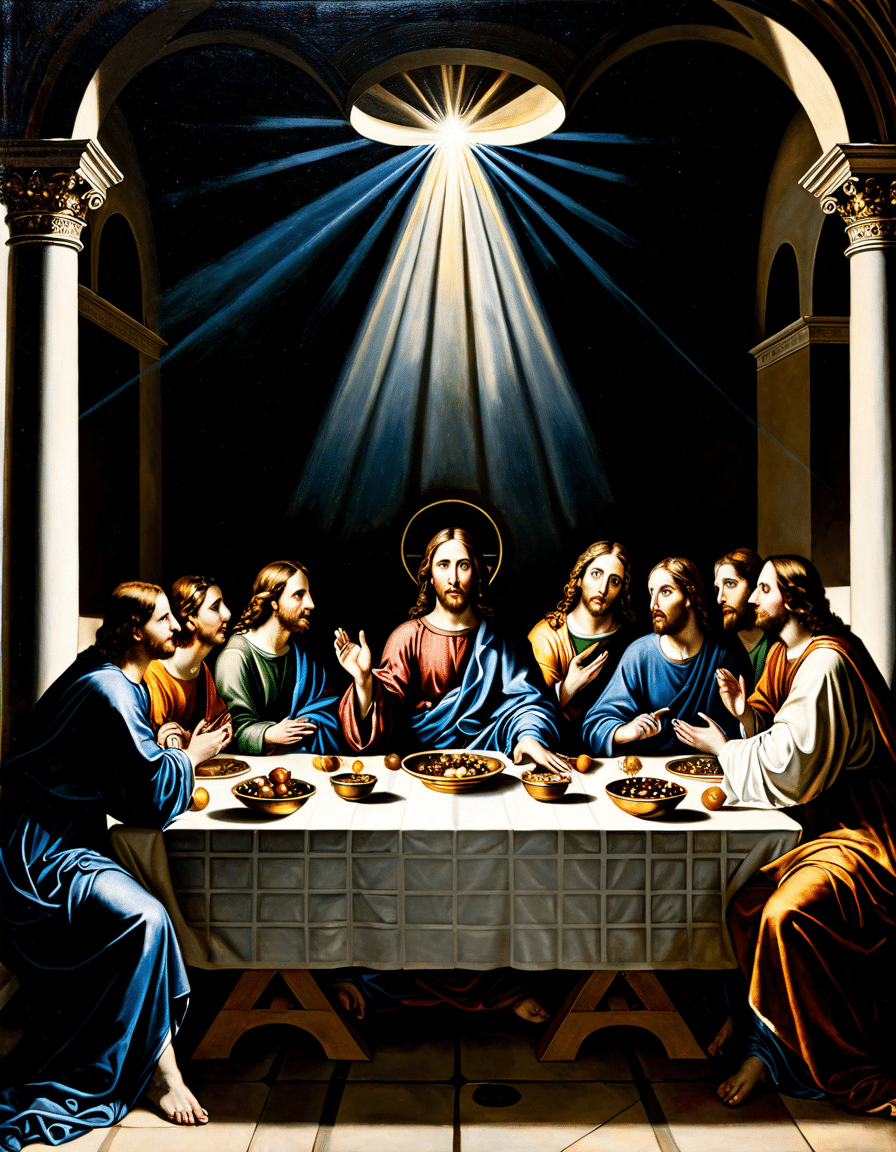
The Last Supper Painting and Its Enduring Legacy
Beyond the technical mastery displayed in the Last Supper painting, it is the emotional depth that resonates so deeply with audiences centuries later. Leonardo da Vinci’s genius lies in his ability to portray complex human emotions, offering a narrative that speaks to the very essence of our existence. Whether through study or mere admiration, art lovers, historians, and everyday individuals continually find themselves drawn to this famous mural, captivated by the storylines and emotional conundrums embodied by each figure.
Envisioning ourselves in the midst of this iconic scene, we are reminded that connections—whether they involve love, betrayal, or conflict—form the fabric of our lives. The Last Supper transcends its historical context by compelling us to introspect on our relationships and the emotional intricacies that define them. As we dissect the tones and themes present within this artwork, we understand that art serves as more than a visual escape; it provokes thought and insight into the depths of human experiences. The enduring impact of the Last Supper painting lingers, imploring us to engage with and contemplate these timeless emotional themes, which are as relevant today as they were over five hundred years ago.
For those seeking deeper connections through narrative forms, whether in art or media, familiar names like Jessalyn Gilsig, known for her poignant roles, and Grace Hightower, who has made a mark in film, reflect emotional storytelling that parallels the complexities of Da Vinci’s creation. Similarly, experiences like visiting the Arena Coliseo or even organizing a trip, like booking Flights To Bermuda, can evoke emotional responses akin to those inspired by the Last Supper painting. Thus, this art piece not only occupies space within the art world but resonates across experiences and narratives that shape our understanding of human emotions.
In conclusion, the Last Supper is more than a painting; it’s an exploration of human emotion that continues to inspire and challenge us. Each detail invites reflection—whether it’s grappling with betrayal or cherishing relationships—and encourages us to delve deeper into the emotional currents that flow through our lives.
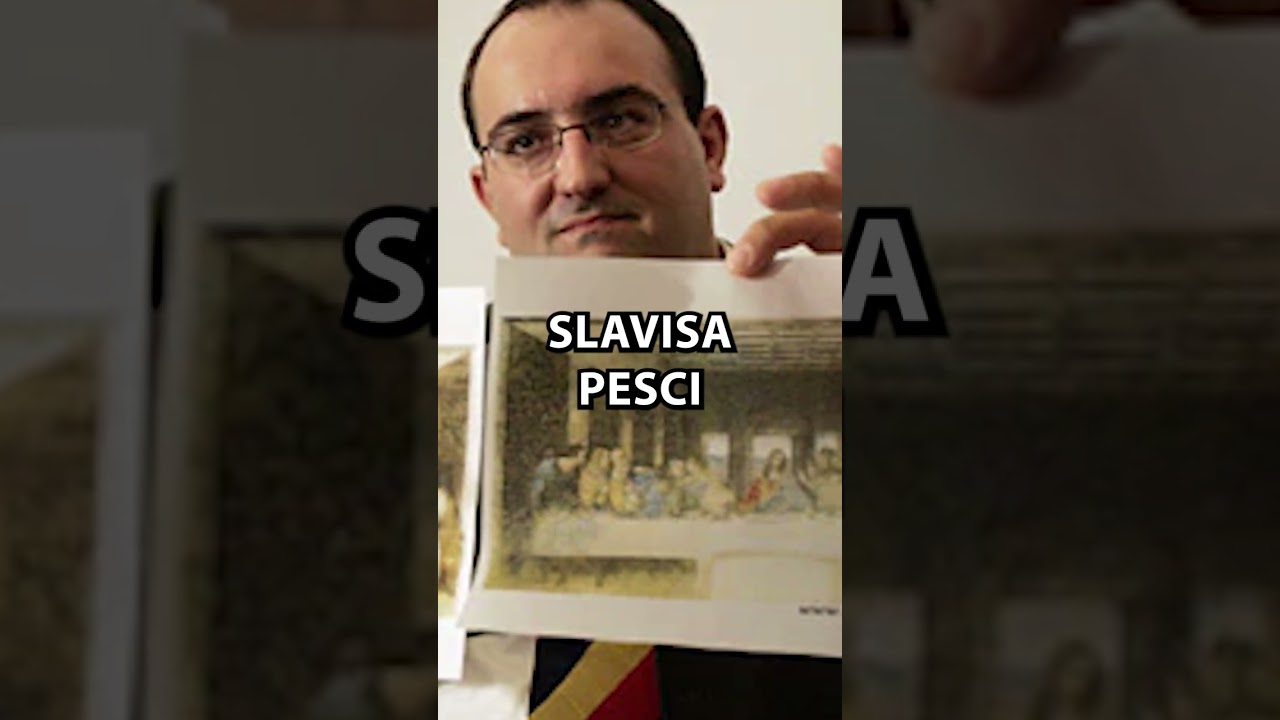
Last Supper Painting: Fun Trivia and Interesting Facts
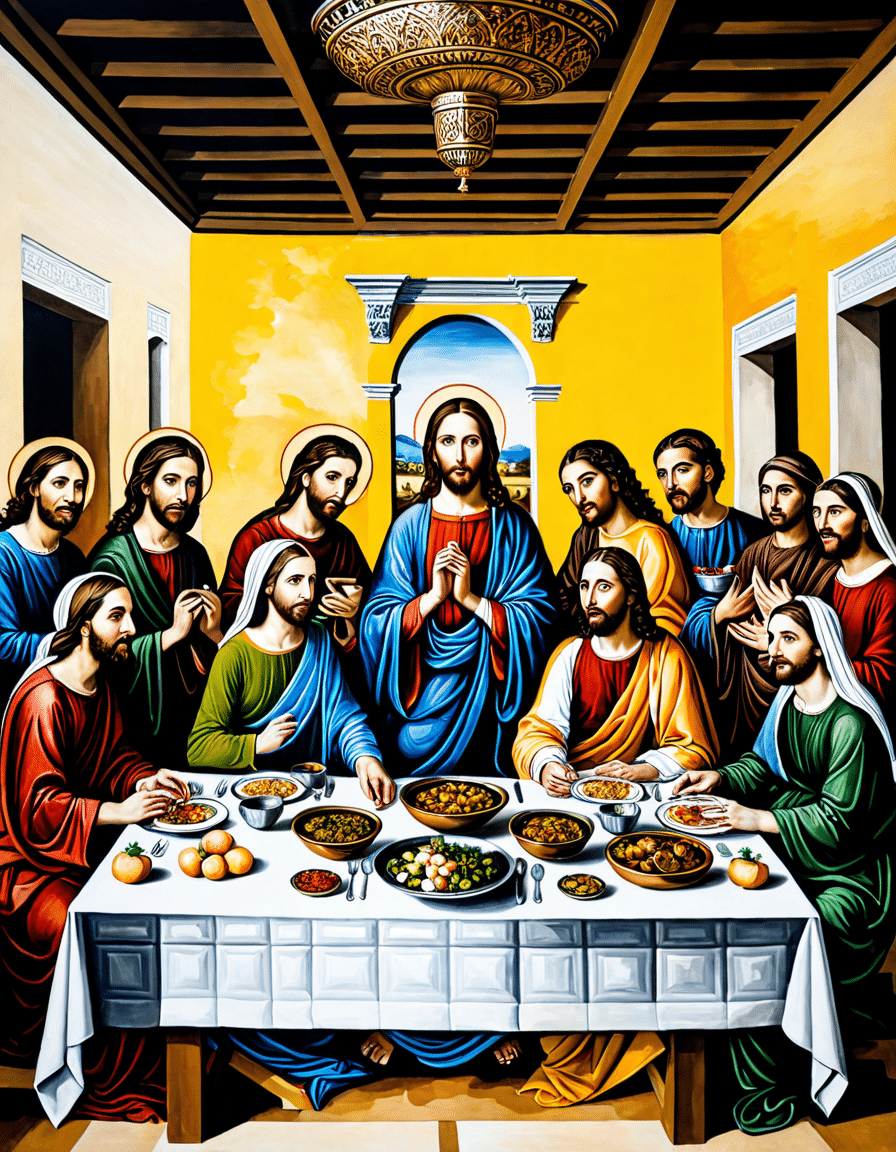
A Masterpiece in Emotion
The Last Supper painting is not just a depiction of a historical moment; it’s an emotional rollercoaster! Painted by the renowned Leonardo da Vinci, this iconic mural captures the dramatic moment just after Jesus reveals that one of his disciples will betray him. Interestingly, art enthusiasts often find themselves delving into the intricacies of da Vinci’s work while appreciating related art forms, such as free printable coloring pages that replicate his masterpieces, letting their creativity flow while exploring art history.
Did you know that The Last Supper is housed in the Convent of Santa Maria delle Grazie in Milan? Thanks to its location, this masterpiece encounters challenges like humidity and pollution, which struggle against its preservation. Speaking of challenges, if you’re looking for a fun way to enhance your learning, consider embracing educational games like i-ready math that not only fortify math skills but also provide engaging activities to keep your mind sharp!
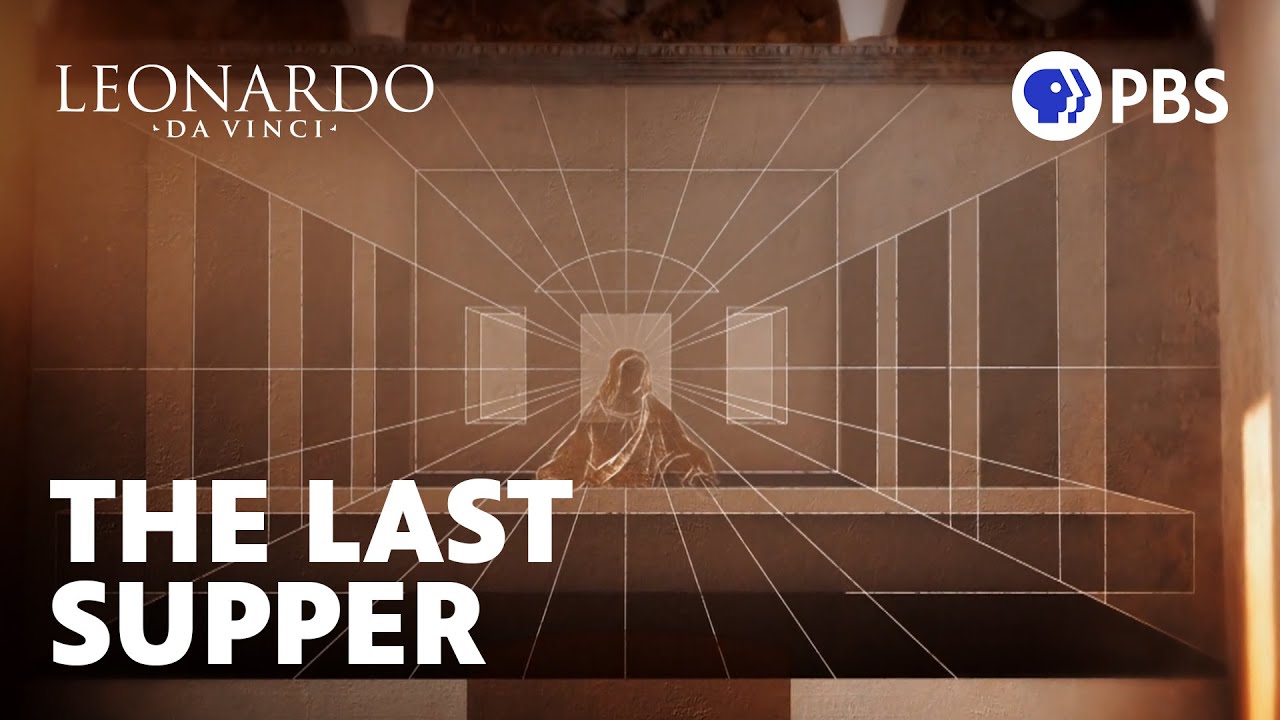
Symbolism Beyond the Canvas
When you look closely at the Last Supper painting, you might find yourself pondering what each gesture and expression communicates. The use of perspective draws viewers’ eyes right to Christ and emphasizes the importance of this pivotal moment. Just like strategy board games such as Carcassonne, where planning and foresight are crucial, da Vinci’s composition invites viewers to think about the narrative beyond what’s visible.
An intriguing fact is that the piece was actually painted on a dry wall, which was an uncommon technique and led to its rapid deterioration. This deterioration has led art historians and conservationists to explore advanced techniques for restoration. Imagine how challenging this must be—much like completing a 28 days fitness challenge, where every effort counts toward a greater goal!
The Impact on Art and Culture
The influence of the Last Supper painting extends far beyond its walls. Countless artists have referenced this work in their creations, and its imagery is often seen in parodies and modern interpretations. Just as Vibramycin played a significant role in the medical community, this painting continues to resonate in contemporary discussions around betrayal and loyalty in relationships.
Understanding the Last Supper painting’s legacy helps us appreciate its lasting impact on both art and society. It’s fascinating to consider how or why something created over 500 years ago can still spark such intense dialogue today. Whether you’re reflecting on its emotional depth or enjoying a nostalgic throwback through creative avenues, this masterpiece invites a broad spectrum of appreciation.
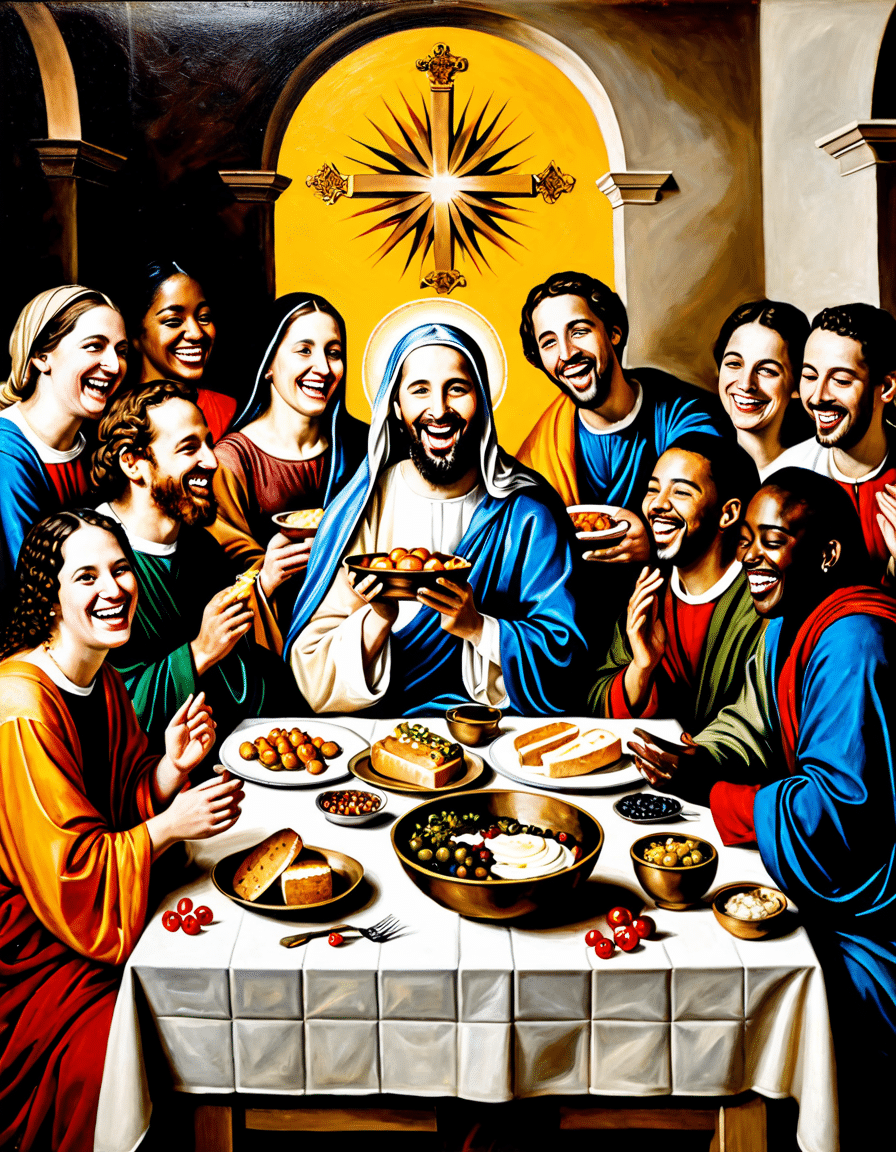
Where is the real painting of the Last Supper?
The real painting of the Last Supper is located in the Convent of Santa Maria delle Grazie in Milan, Italy.
Who bought the $450 million dollar painting?
The $450 million painting, Salvator Mundi, was bought by Prince Badr bin Abdullah bin Mohammed bin Farhan Al Saud on behalf of the Saudi crown prince, Mohammed bin Salman.
Who is the woman in the Last Supper?
The woman in the Last Supper is often believed to be Mary Magdalene, though scholars debate this idea.
What is the story behind the Last Supper painting?
The Last Supper painting depicts the final meal Jesus had with his disciples before his crucifixion, highlighting the emotional and dramatic moments of that evening.
Does the original Last Supper painting still exist?
Yes, the original Last Supper still exists, but it’s deteriorated over time and has undergone several restoration efforts.
Where is Leonardo da Vinci buried?
Leonardo da Vinci is buried in the Chapel of Saint-Hubert at the Château d’Amboise in France.
Who owns the male Mona Lisa?
The male Mona Lisa, also known as the “Mona Lisa of Saint John’s,” is part of the collection of the Museo del Prado in Madrid, Spain.
What is the most valuable painting in the world?
The most valuable painting in the world is Salvator Mundi, which sold for a stunning $450 million in 2017.
Who owns Mona Lisa?
The Mona Lisa is housed in the Louvre Museum in Paris, where it’s been a major attraction for art lovers from around the globe.
What was Jesus’ wife’s name?
Jesus’ wife’s name is not definitively known, but some texts suggest it could be Mary Magdalene.
Who kissed Jesus in the Last Supper?
Judas Iscariot, one of Jesus’ disciples, is the one who kissed Jesus in the Last Supper, signifying his betrayal.
Is the Da Vinci code true?
The Da Vinci Code is a work of fiction, so while it plays with some historical and artistic themes, it’s not a true account.
Is Mary Magdalene really in the Last Supper?
Mary Magdalene is often considered to be present in the Last Supper by some artists and theories, but she is not explicitly depicted in the painting.
What was Leonardo da Vinci’s religion?
Leonardo da Vinci was thought to have been a Christian, reflecting the beliefs of his time, though aspects of his personal faith are still debated.
Were Jesus and Judas the same person in the Last Supper painting?
In the Last Supper painting, Jesus and Judas are clearly portrayed as separate individuals, with Judas representing betrayal among the disciples.
Who currently owns the Salvator Mundi?
The current owner of Salvator Mundi is rumored to be the Saudi crown prince, but there’s been no official confirmation since its purchase.
Which Jesus painting sold for 450 million?
The Jesus painting that sold for $450 million is Salvator Mundi, created by Leonardo da Vinci.
Who bought the most expensive painting ever sold?
David Geffen, an American film producer, was one of the key figures involved in the sale of the most expensive painting ever sold.
How much did Diego and I painting sell for?
Diego Rivera’s painting “Flower Carrier” sold for around $10 million, showcasing the vibrant Mexican culture.
Where is the official Last Supper painting?
The official Last Supper painting is in the Convent of Santa Maria delle Grazie in Milan, while the original meal took place in Jerusalem, according to traditions.
Where did the actual Last Supper take place?
The real Holy Grail is often associated with various legends and interpretations, but it traditionally refers to the cup used by Jesus during the Last Supper.
What is the real holy grail?
The Mona Lisa is in the Louvre Museum in Paris, and The Last Supper is found in Milan at the Convent of Santa Maria delle Grazie.

